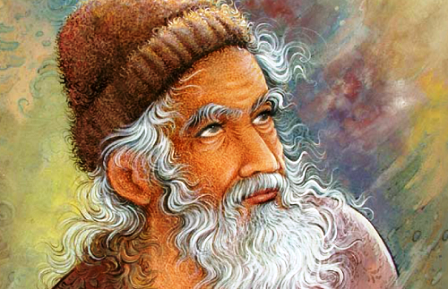
Al-Biruni: A Role Model of Avoiding Fanaticism
Abu Rayhan Muhammad ibn Ahmad al-Biruni is considered to be one of the greatest scientists in the history of Iran, for he had mastered most of the prominent sciences of his time. He was born in 973 in a village called “Birun”, in a district known as “Kath” in the great city of Khwarazm. Being a child of genius, he fully mastered Farsi, Arabic (morphology and syntax), mathematics, theosophy, logic, and astronomy in his childhood and adolescence. He was a student of Mostafa Orangi, Abd ul-Samad ibn Hakim, and Abu Nasr among other mathematicians and astronomers of the time. The young astronomer then embarked on a long chain of scientific trips. He traveled to Khorasan, Rey, Tabaristan, and Gorgan. After meeting with the emir of Gorgan, he decided to reside in that city and wrote the book “The Remaining Signs of Past Centuries” in an attempt to expand the boundaries of history and geography. He returned to Khwarazm but following the conquest of the region by Mahmud of Ghazni he went to Ghazni towards the end of the 10th century. Thereafter, Al-Biruni continued his scientific activities till the end of his life.
Works
Al-Biruni was highly respected by Mahmud of Ghazni and spent the best years of his life in Mahmud’s court, where he compiled Al-Qanun al-Mas’udi and dedicated it to the emir. He knew Syriac, Arabic, Persian, Sanskrit and Hebrew. Although he had mastered most of the sciences of his time, Al-Biruni spent most of his time on research on mathematics. He wrote over 113 books on different subjects including medicine, hey’at (traditional astronomy), history, and geography, among which “Tahqiq Mal-al-Hind” (lit. Research on India), Al-Qanun al-Mas’udi (a book on Islamic astronomy, trigonometry, the earth and its dimensions, the moon, planets, etc.), Al-Tafhim (a book on astronomy, which was used for many years as a textbook to teach mathematics and astronomy), Al-Jamahir fi Ma’rifat al-Jawahir (about minerology and precious stones), Al-Saydanah fi al-Tibb (on pharmacy, drugs and medicines) are worth mentioning. Al-Biruni formed a significant number of theoretical frameworks and was known for having a sense of innovation. His writings on earth rotation, the direction of qibla from different parts of the planet, measuring width and lengths of geographic locations, formation of maps, weighing chemical elements including precious metals for the first time, and translation of medical and pharmaceutical terms into Arabic and Farsi remain notable. Furthermore, he discussed the time of the creation of the earth, the formation of its layers, and sea-level change.
Avoiding Fanaticism
In the tenth century, Abu Rayhan al-Biruni managed to accomplish what Europeans accomplished in the sixteenth century. He revolutionized the foundations of modern sciences by refusing to instantly accept the ancient principles of naqli (knowledge derived from the Qur’an and the traditions of the prophet of Islam) and aqli (conventional knowledge). He insisted that the ancient principles must be critically analyzed and refused to accept an opinion without thoroughly examining it. In other words, Al-Biruni’s most important characteristics were his desire to avoid fanaticism, eagerness to find the truth, and refusal to accept anything blindly. He believed that fanaticism is a poison that can tamper with one’s ability to see, hear, and comprehend and that it can ultimately lure one into making irrational and unscientific choices. He consistently criticized Aristotle’s ideas, laid great stress on producing tangible evidence through laboratory experiments, and believed in directly witnessing given natural phenomena. Al-Biruni looked at sciences from an Islamic perspective. He stood for the fact that scientific research, particularly geography, is relevant only because it can serve man’s religious and spiritual life. Jalaluddin Homaei, Manuchehr Sadughi Saha, Akbar Danaseresht, and Abolqasem Ghorbani are some of the contemporary Iranian scholars who have studied Al-Biruni’s life and legacy.
Demise
Abu Rayhan al-Biruni passed away in 1048 in Ghazni (today’s eastern Afghanistan) at the age of seventy-five, and was buried in the same city.
September 4 is dedicated to commemorating Al-Biruni in the Iranian national calendar.
| Name | Al-Biruni: A Role Model of Avoiding Fanaticism |
| Country | Iran |
| Nickname | Al-Biruni |
| Production Time | Born: September 973 AD, Beruniy, Uzbekistan Died: December 13, 1048 (age 75 years), Ghazni, Afghanistan |
| Works | hey’at (traditional astronomy), history, and geography, among which “Tahqiq Mal-al-Hind” (lit. Research on India), Al-Qanun al-Mas’udi (a book on Islamic astronomy, trigonometry, the earth and its dimensions, the moon, planets, etc.), Al-Tafhim (a book on astronomy, which was used for many years as a textbook to teach mathematics and astronomy), Al-Jamahir fi Ma’rifat al-Jawahir (about minerology and precious stones), Al-Saydanah fi al-Tibb (on pharmacy, drugs and medicines) |
| Yard period | the past |
| Type | Academic |

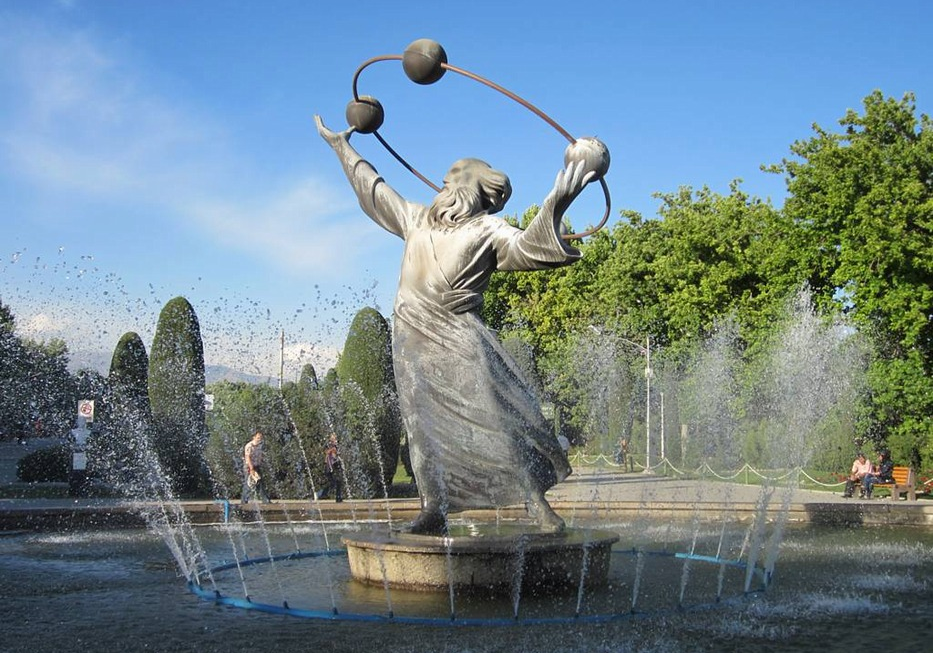


Choose blindless
Red blindless Green blindless Blue blindless Red hard to see Green hard to see Blue hard to see Monochrome Special MonochromeFont size change:
Change word spacing:
Change line height:
Change mouse type:
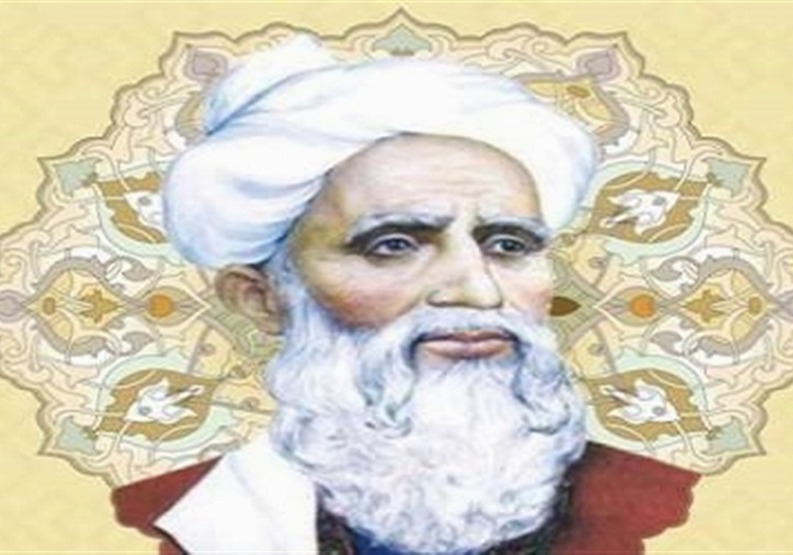


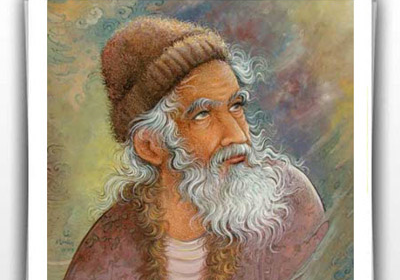
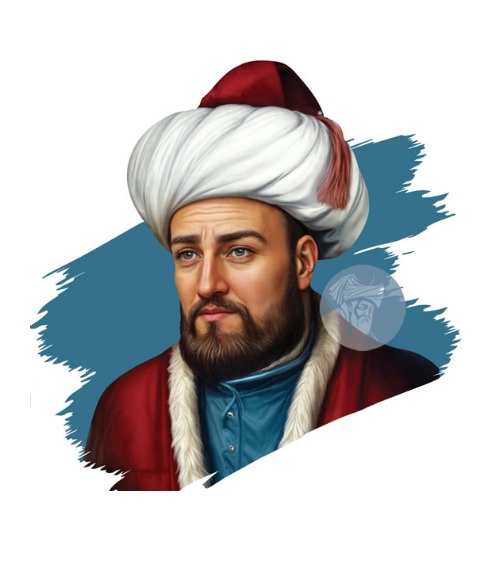


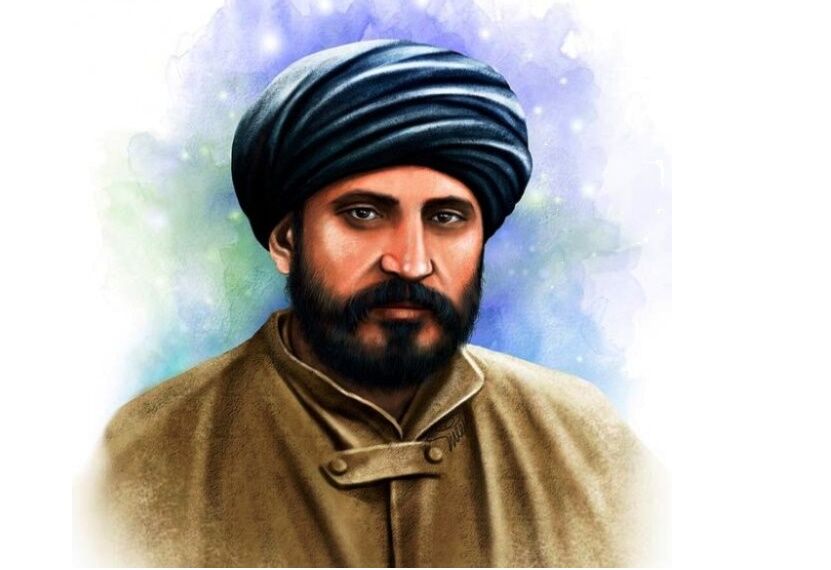


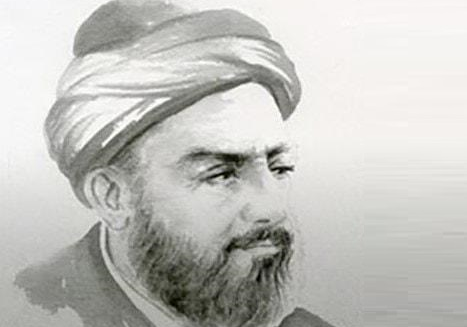


(b)_crop_8.jpg)
